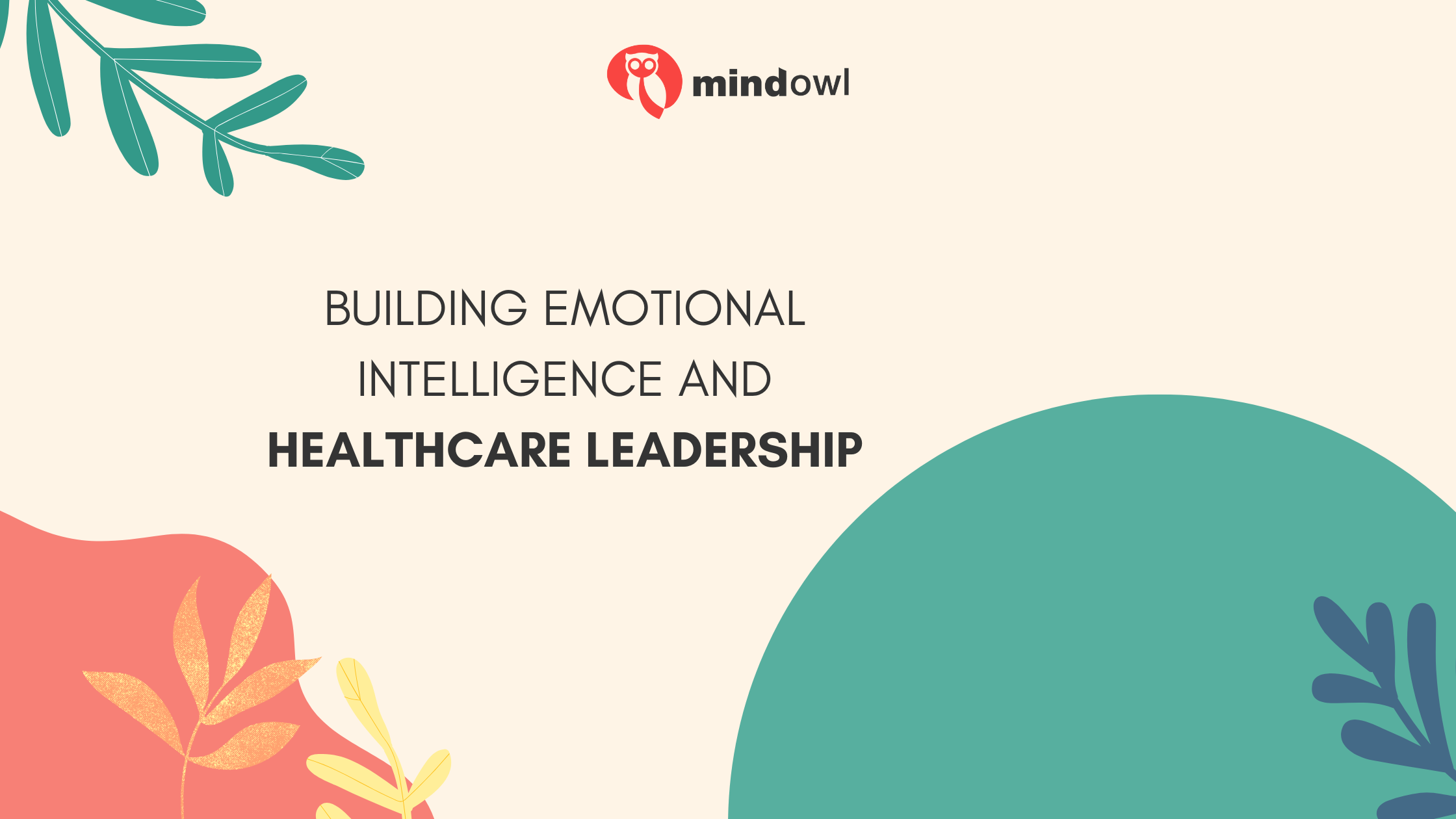The value of empathy in a doctor or a nurse is clear. Their job description may be highly technical or clinical, but the work that they do is also tremendously personal.
Patients not only deserve empathy, but studies consistently show that they respond better to it. When they feel as though their health care providers see them as more than just an accumulation of symptoms, they feel more confident in their treatment regimens and, subsequently, better able to stick with them (and hopefully get better).
Healthcare leadership positions are a little bit different. In many cases, they remove the professional entirely from direct patient care. Is empathy still important for healthcare professionals who never physically meet with patients?
The answer to that is a resounding yes. In this article, we look at why empathy is important in all health care roles and how it can be better prioritized from the top down.

What Is Emotional Intelligence?
Emotional intelligence at the most basic level is just the ability to notice and understand emotional responses, both in yourself and in other people. Empathy is an important component of emotional intelligence, but as a professional skill, it’s about more than just sympathizing with the situation that a person is in.
Emotional intelligence can help health care leaders anticipate common reactions and develop systems and solutions that match them. The goal is, of course, to treat patients as humans.
There is a business angle to prioritizing EQ as well. Hospitals need to consistently and relatively quickly achieve high-quality results for their patients. EQ-powered decision-making is one of the many tools that could help them achieve this.
Can Emotional Intelligence Be Learned?
That’s an interesting question, and one that does not have a fully comprehensive or conclusive answer. Here’s what we do know: EQ is something that can be quantified, at least at a basic level.
There are tests similar to intelligence quotient exams that will very literally give you an EQ score. Do people who fare well on these exams actually have more empathy than people who do not? That’s very debatable.
Here’s what we do know: high EQ scores do translate pretty consistently with higher levels of professional success. This is particularly true when it comes to leadership roles.
That could mean that empathetic people do better in business, or it could mean that having a keen understanding of how emotions influence people’s decision-making can make you a better leader. Either way, EQ in a professional context is quantifiable and provable.
Many people find that by working on core communication skills, they’re also able to boost their emotional intelligence. This means focusing on active listening.
Active listening is the process of paying attention to every component of how another person communicates—not just the words they’re saying, but the way they’re saying them, how the person presents themselves, and so on. These less tangible factors can paint a more vivid picture of the interior experience of the person speaking.
Another, and potentially more effective long-term way to improve emotional intelligence is to pay closer attention to your own interior experiences. Self-reflection is an imperfect, but ultimately still effective method for boosting your EQ score.
Why This Matters
We described in the introduction the importance of understanding emotional reactions in healthcare situations, precisely because most people who encounter the healthcare system are in the process of experiencing one of the most emotionally charged moments of their lives. Being able to anticipate how that will influence their behavior is a naturally valuable skill.
At the end of the day, though, hospitals are also businesses, and any business leader will benefit enormously from understanding how the people working under them feel and what sort of leadership decisions can then influence their emotional reactions in a way that produces good short term results and better long term outcomes, including improved employee retention—something the healthcare system is in dire need of.
Becoming a Healthcare Leader
It takes more than just emotional intelligence to gain a leadership position in healthcare. This is an industry where credentials are an important legal and professional requirement.
Graduate programs are the most direct next step for people wanting to assume a leadership role in nursing. You can get a graduate degree in two to three years if you already have your BSN, but there’s actually an accelerated program called MENP for non-nurses to acquire an MSN in roughly the same time frame.
MENP programs are excellent choices for people who already have an undergraduate degree not related to nursing and are looking to jump-start their career with a higher-than-entry-level position. There are, of course, even more specific advanced certification paths for people who want to specialize.
For example, if you’re interested in working in the mental health arena of healthcare, there are programs specific to that field. The key when looking for healthcare leadership positions is to first figure out what you want to do and then identify the skills and credentials required to get you there.
Our own struggles in life have led us to this path of understanding the human condition. United by a shared curiosity for the mind and what it means to be human, we’ve each walked a journey shaped by personal challenges and a deep interest in helping others grow. Over the last eight years, our work has centred on exploring how meditative practices meet modern approaches to psychological wellbeing.

